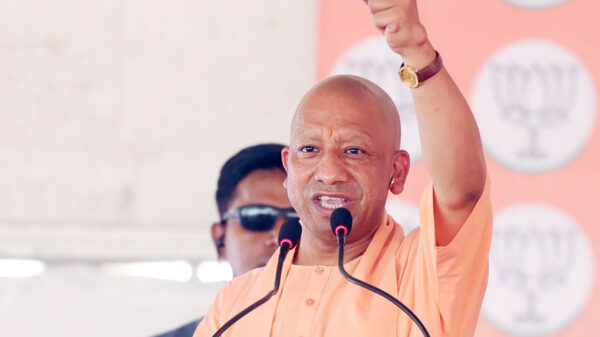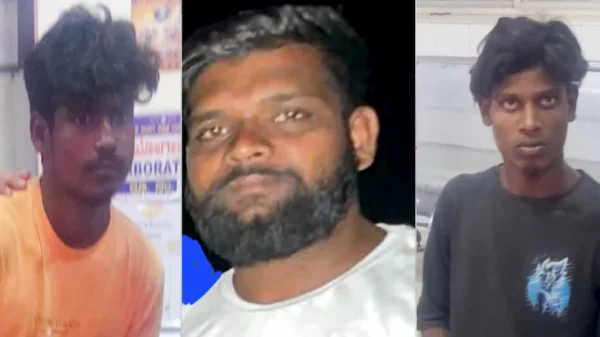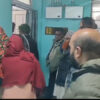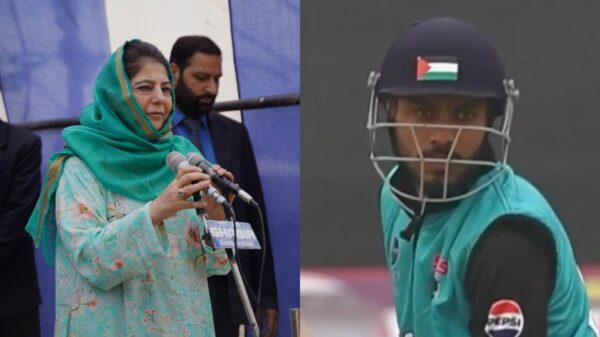The popular and cheap Indian biscuit brand, Parle-G, is now worth thousands in Palestine, where people wait a long time, anticipating when they can afford to buy it. A father from Gaza recently posted on X that after a long wait, he could get her daughter, Ravif, her favourite biscuits. He mentions that the price of the biscuits shot up from 1.5 euros to 24 euros, and he couldn’t deny Ravif her favourite treat. He posted, along with pictures of Parle-G biscuits, which are sold in India for ₹ 10.
According to a report by NDTV, a doctor from Gaza reveals that the inflated rate is not charged by the original manufacturers or due to taxation, but rather due to scarcity and limited accessibility. The food items that recently entered Gaza were only accessible to a smaller number of people, due to the ongoing blockades to aid distribution and Israel’s incessant and indiscriminate firing against Palestinians who gather in large crowds to secure food supplies.
Subsequently, the few who managed to obtain the supplies sell them on the black market, which is then sold at different prices in various locations. Currently, the price range of Parle-G biscuits in Gaza ranges from Rs 240 to Rs 2,400.
After Israel had suspended the UN deliveries, the Gaza Humanitarian Foundation, the US-backed Joint Initiative controlled by Israel, has been at the helm of a highly monitored, orchestrated set-up. At least 27 Palestinians were killed and 161 wounded near this site, which Israel calls the ‘Secure distribution site’. The images from one such site, located in Rafah, show hundreds of Palestinians queued up in caged corridors, handled by ‘Safe Reach Solution’, a US-based private firm, accused of intelligence operations in Gaza using Israeli data.
“Palestinians have been presented the grimmest of choices: die from starvation or risk being killed while trying to access the meagre food that is being made available through Israel’s militarised humanitarian assistance mechanism,” Volker Türk, the United Nations High Commissioner for Human Rights, said.
The report states that these Parle G biscuits do not come with price tags, allowing sellers to sell them at any price on the black market. This is not just the case with biscuits; the prices of necessities, such as rice, flour, cooking oil, and vegetables, including potatoes and onions, are also rising. One coffee cup in Gaza costs around 1,800 INR, and 1 litre of cooking oil costs 4,177 INR. Once a cheap packet of biscuits, the first Indian brand to cross 5,000 in sales, and one of the largest selling biscuits in the world, Parle G, now takes thousands of rupees to procure it and a long time to afford to eat them.
“The closure of borders for more than three months has allowed for only a limited supply of essential necessities that don’t meet the needs of 2 million people. So when some people can get some, or when looting happens, these foods are being sold at very high, unaffordable prices,” a surgeon from Gaza told The NDTV. Gaza’s accessibility to aid has been systematically reduced, with Israel blocking all humanitarian aid from entering Gaza.
Among those killed near the GHF sites was a mother of eight, while she was on her way to secure aid supplies.






























































